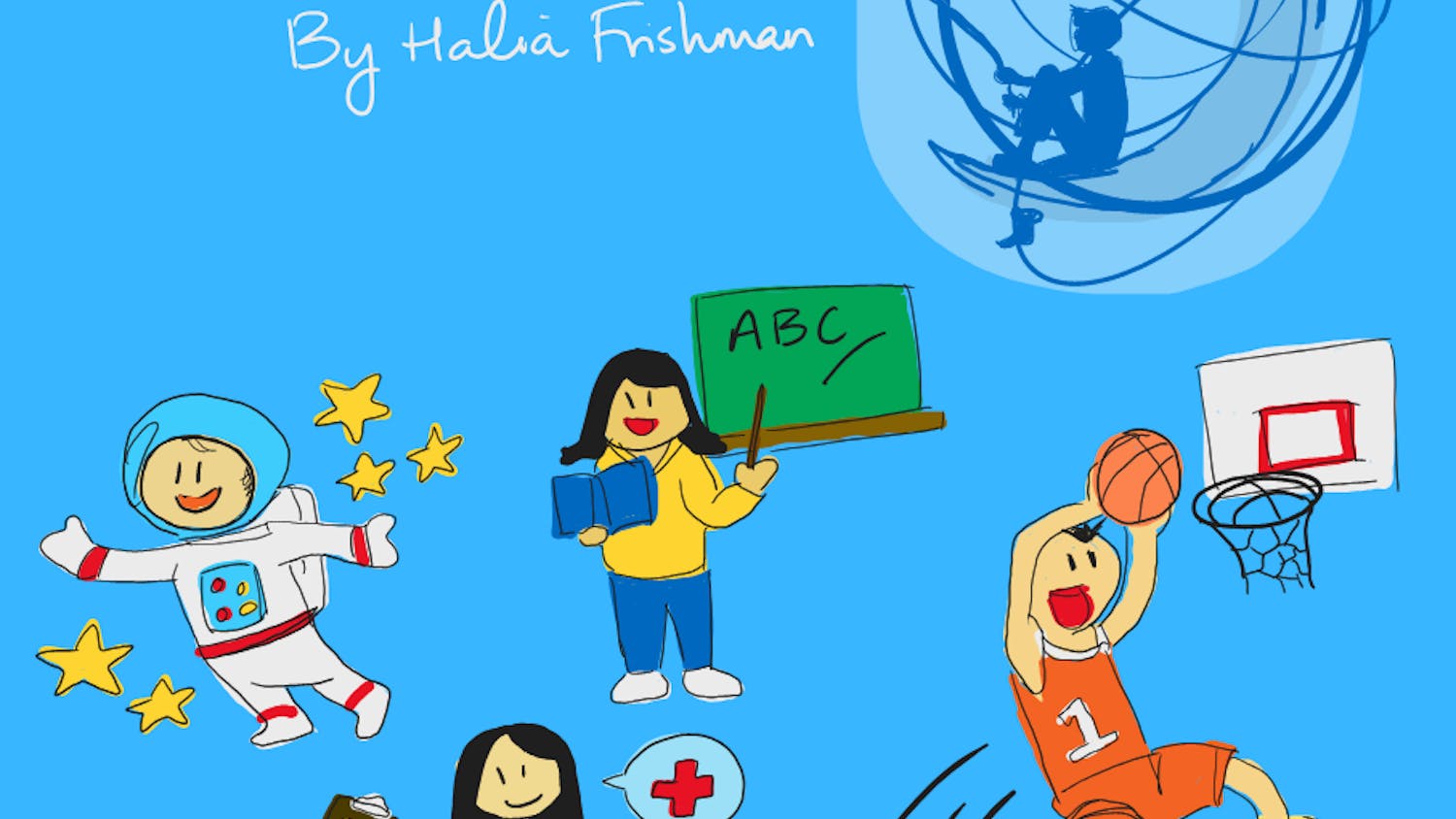I have a toxic relationship with the Brooklyn Nets.
To watch the superteam-from-nothing experiment play in New York City’s most populous borough is like examining a series of violent automobile accidents on the Brooklyn-Queens expressway. As the speeding cars flew by, I was at first exhilarated — unsure yet not altogether against what was unfolding in front of me — wondering if Kyrie Irving and Kevin Durant, along with their friend and mentor Steve Nash, could truly create an enlightened basketball utopia from endless salary cap flexibility and unparalleled cohesion between player, coach and organization.
I wondered for a moment if they could do what the rest of us only dreamt of. Could they really escape the drudgery of everyday basketball existence that plagues the rest of the NBA? Could they evade the gridlock, merely by slamming on the accelerator? Two players — both alike in dignity — were to be our basketball messiahs. And for a millisecond I believed it.
But then I was blinded by brake lights, heard the screeching of tires and saw my transitory belief vanish like a fleeting shadow. Irving’s refusal to get vaccinated crashed the Nets’ party before they even broke out the chips and guacamole. One of their key converts, James Harden, ran for the door as soon as he could. Durant, the architect of Brooklyn’s basketball salvation, spent the summer demanding he be traded with four years and $194 million left on his contract. Irving also tried to leave, flirting with his ex-partner LeBron James on the Lakers, the last person who may have made him feel seen. Neither managed to escape.
And finally — as if the universe had passed final judgment — on Tuesday, Nov. 1, coach Steve Nash was gone. He had endured all the strife of perennial playoff failure, endless roster turnover and exasperating interpersonal drama. Yet five losses in the first two weeks of the season was the straw that caved in the roof of the Barclays Center, and he agreed to step away. I shed a single, reflective tear.
Among all the carnage, it would be easy to forget Durant's call for Nash’s firing all the way back in August. Or, when the Brooklyn Bunch was in its infancy, Irving said that he didn’t see the Nets as really “having a head coach” on Durant's podcast “The ETCs.” One could just as easily forget too that, for most of the Irving-Durant experiment, Nash was considered a pretty bad head coach.
I was sure the Nets could not hurt me anymore after besmirching the basketball nirvana I believed in. But nothing could prepare me for the aftershock: Ime Udoka, recently suspended for having an improper relationship with a female coworker after leading my beloved Celtics to two wins away from an NBA Championship last year, was reportedly to be Nash's replacement.
Udoka’s unprecedented rebound is hard to stomach and shows how far from grace the Nets have fallen. He now faces essentially zero consequences for his actions and is afforded another chance after serving about two percent of his punishment. The trust he broke with the Celtics and their millions of fans, myself included, is now void. In place of our collective pain, he can now substitute leadership of one of the Celtics’ division rivals.
By pursuing Udoka, the Nets’ dreams of an enlightened team are dead, buried and spit on. In place of superior ideals now sits desperation, and the morality of hiring Udoka is irrelevant when faced with the necessity of making their half a billion-dollar car crash work. Their vision began as something sacred — player power at its pinnacle — but has since descended into hell.






